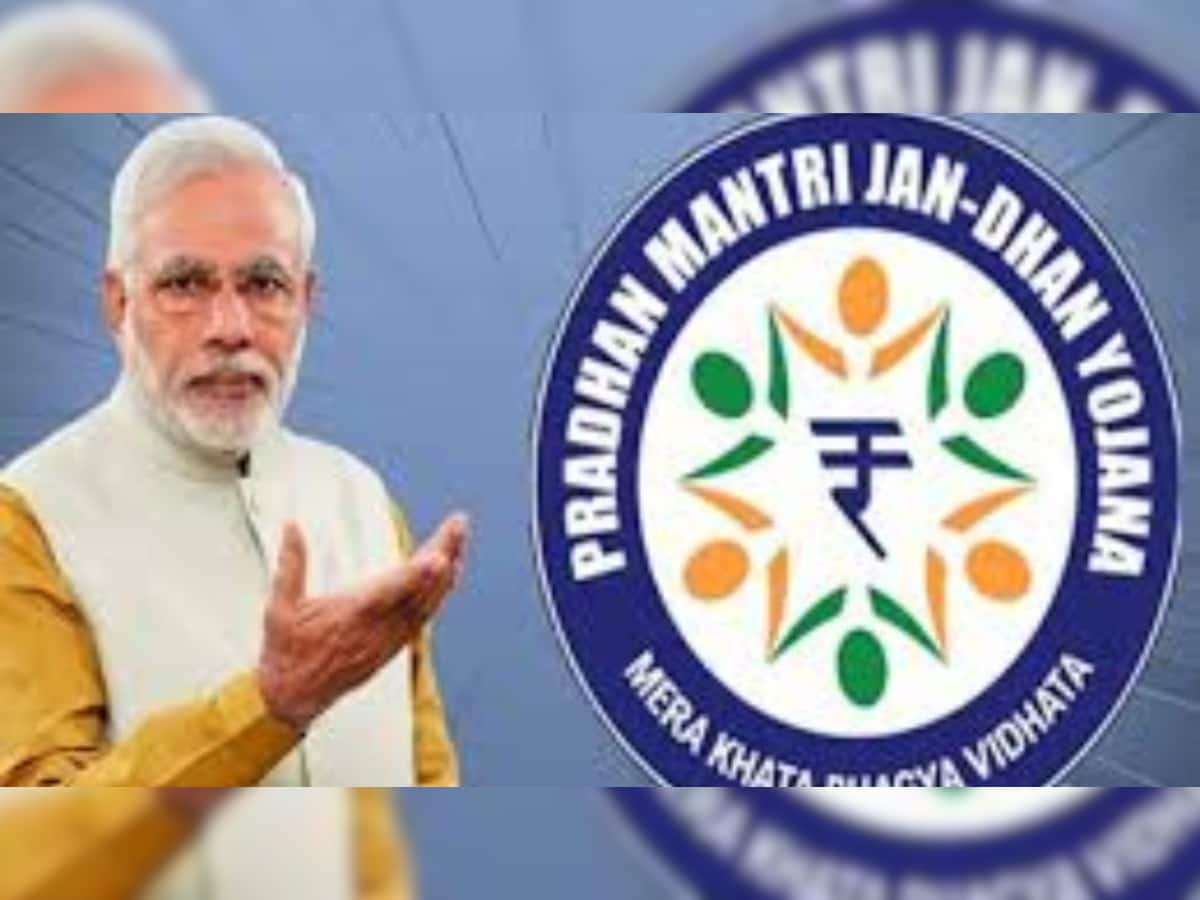How can NRIs secure their estate across India and UAE?

Query: I am Brijesh, a 57-year-old non-resident Indian (NRI) living in Dubai, with my family residing in India. How should I plan my estate in both India and the United Arab Emirates (UAE) to secure my family’s future?
Answer: Under the Foreign Exchange Management Act (FEMA), 1999, Brijesh qualifies as a non-resident Indian, having lived abroad for employment. His tax obligations in India will depend on his residential status as defined under the Income Tax Act, 1961. In contrast, the UAE does not levy personal income or estate taxes, though its succession rules differ from India’s.
Mapping Brijesh’s assets
India: Residential or ancestral property, bank accounts, fixed deposits, mutual funds, equity shares, demat accounts.
UAE: Real estate in Dubai, local bank accounts, investment portfolios, or business interests.
Digital: Online financial accounts, cryptocurrency wallets, email and social media profiles.
Applicable succession laws
Indian assets: These fall under Indian succession laws, which differ based on religion. For Brijesh, the Hindu Succession Act, 1956 applies. If he dies intestate (without a will), assets will be distributed among legal heirs—typically spouse, children, and parents—based on a fixed order of succession.
To avoid disputes and delays, Brijesh should:
Prepare an Indian will specifying beneficiaries and appointing a trusted executor.
Clearly define his share in ancestral or joint family property, if applicable.
UAE assets: Brijesh can register a separate will for UAE-based assets through:
The Dubai International Financial Centre (DIFC) Wills and Probate Registry, or
The Abu Dhabi Judicial Department.
These allow non-Muslims to apply the succession laws of their home country.
Global will: Alternatively, he may create a consolidated global will covering assets across both jurisdictions, though this must be carefully drafted to comply with the legal formalities of both countries.
Using a private family trust
To ensure long-term control and smooth wealth transfer, Brijesh can consider setting up a private trust:
In India: Under the Indian Trusts Act, 1882, he can form a trust for his Indian assets. A designated trustee—either a family member or a professional—manages the trust for specific purposes such as children’s education, care of elderly parents, or structured payouts.
In the UAE: Trusts can be created under DIFC regulations, offering similar flexibility and control for UAE-based assets.
Tax planning for effective estate transfer
India: While India does not levy inheritance or estate tax, certain tax implications exist:
Gifts above ₹50,000 in a financial year (except to specified relatives) are taxable in the recipient’s hands.
Transferring property or shares—whether as gifts or into a trust—may attract capital gains tax.
UAE: There are no estate or personal income taxes. However, cross-border estate planning must factor in local laws.
DTAA Benefits: India’s Double Taxation Avoidance Agreement (DTAA) with the UAE helps Brijesh avoid being taxed on the same income in both countries.
In summary, a dual-jurisdiction estate plan—comprising country-specific wills or a well-structured global will, supported by family trusts and tax-aware gifting—can offer Brijesh both peace of mind and long-term financial security for his family. Consulting legal experts in both India and the UAE is essential to navigate evolving laws and regulatory requirements.
Aditya Chopra, managing partner, and Moxy Shah, associate at The VictoriamLegalis(TVL)







